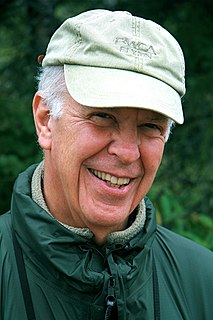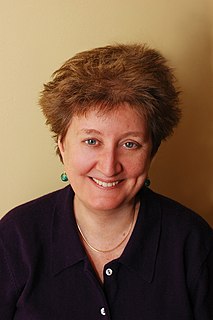A Quote by Robert M. Pirsig
…the doctrinal differences between Hinduism and Buddhism and Taoism are not anywhere near as important as doctrinal differences among Christianity and Islam and Judaism. Holy wars are not fought over them because verbalized statements about reality are never presumed to be reality itself.
Related Quotes
To you, Christianity, Judaism, Islam, Buddhism, and Hinduism look very different, but to me they look the same. Many of you would say that something like Buddhism doesn't even belong on the list, since it doesn't link salvation to divine worship, but to me this is just a quibble. Christianity, Judaism, Islam, Buddhism, and Hinduism all perceive human beings as flawed, wounded creatures in need of salvation, and all rely fundamentally on revelations that spell out how salvation is to be attained, either by departing from this life or rising above it.
The most important things in life can't be seen with the eyes. Ideas can't be seen. Love can't be seen. Honor can't be seen. This isn't a new concept. Judaism and Christianity and Islam and Buddhism and Taoism have all taught for thousands of years that the highest forms of reality are invisible. God is invisible, and he created the universe. Our souls are invisible, and they give life to our bodies. Angels are invisible, and they're the most powerful of God's creatures.
As my personal explorations continued, I experienced this quality of inner reality more and more and could no longer doubt that the meaning of God lay in this direction. At the same time, these undeniable experiences lit up and were in turn illuminated by all the philosophical and historical knowledge I had by then amassed and I began to understand in an entirely new way the teachings of both Judaism and Christianity as well as the teachings of Buddhism, Hinduism and Islam.
My mom and my aunties are really devout Christians. My mom married a Muslim when I was 12, so I got teachings from both sides and then other sides because I wanted to find out which way to go. So not only Christianity and Islam, but Confucianism, Shintoism, Taoism, Buddhism, and Judaism. I tried to read everything.
Every single one of the major world faiths, whether we're talking about Hinduism, Buddhism, Confucianism, Darwinism, Judaism, Christianity and Islam, have all come to the conclusion that what holds us back from our better self is ego, selfishness, greed, unkindness, hatred. And it all springs from a sense of thwarted ego.
The religions whose theology is least preoccupied with events in time and most concerned with eternity, have been consistently less violent and more humane in political practice. Unlike early Judaism, Christianity and Mohammedanism (all obsessed with time) Hinduism and Buddhism have never been persecuting faiths, have preached almost no holy wars and have refrained from that proselytizing religious imperialism which has gone hand in hand with political and economic oppression of colored people.
That there's no link between Islam and Christianity and Judaism. There wouldn't be Islam if there wasn't Christianity or Judaism, because it's all one long line of revelation. Seeing it from that point of view it makes you ask yourself why Muslims sometimes separate themselves from that large family that leads to Abraham and, even before that, to Adam. The only answer is that we're conditioned to do it by thinking, Hey, I do things better than he does.








































